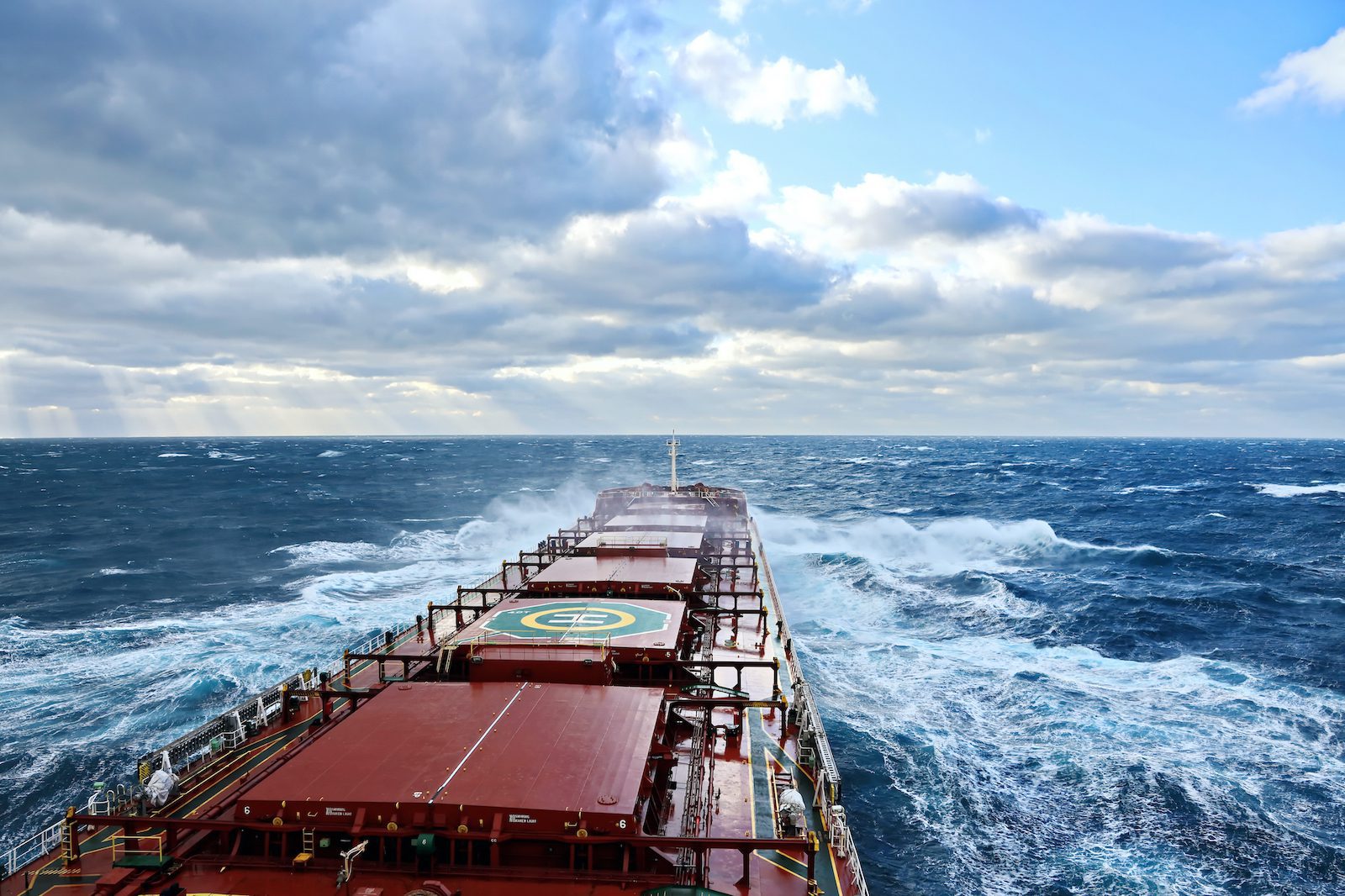
The Baltic Exchange’s dry bulk sea freight index on Tuesday declined to its lowest level since early June, weighed by lower demand for the larger capesize and panamax vessel segments.
The overall index, which factors in rates for capesize, panamax and supramax vessels, fell 168 points, or 6.1%, to 2,591, its lowest level since June 9.
The main index was down for a fourth straight session.
The capesize index shed 369 points, or 9.8%, to a more than one-week low of 3,383.
Average daily earnings for capesizes, which transport 150,000-tonne cargoes such as iron ore and coal, fell $3,054 to $28,059.
Concerns around the health of the Chinese economy, which would impact the construction industry and therefore steel trade, combined with news of production cuts from Brazilian iron ore miner Vale are weighing heavily on larger vessel segments, said Rebecca Galanopoulos Jones, head of research at Alibra Shipping.
The dry bulk market has been strong all year, and it is normal for it to experience some volatility at this point, Jones said, adding that she is optimistic on the outlook of dry bulk for the end of the year and into 2022 as the overall demand for commodities remains firm.
China’s coking coal futures dived more than 9% on Tuesday, extending losses for a third straight session, amid increasing coal supply and tepid demand at coking plants.
The panamax index fell 175 points, or 6.1%, to an over six-month trough of 2,675.
Average daily earnings for panamaxes, which ferry 60,000-70,000 tonne coal or grain cargoes, decreased $1,575 to $24,072.
The supramax index gained 4 points at 2,263. (Reporting by Kavya Guduru in Bengaluru; Editing by Amy Caren Daniel)